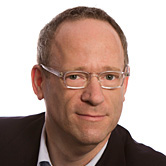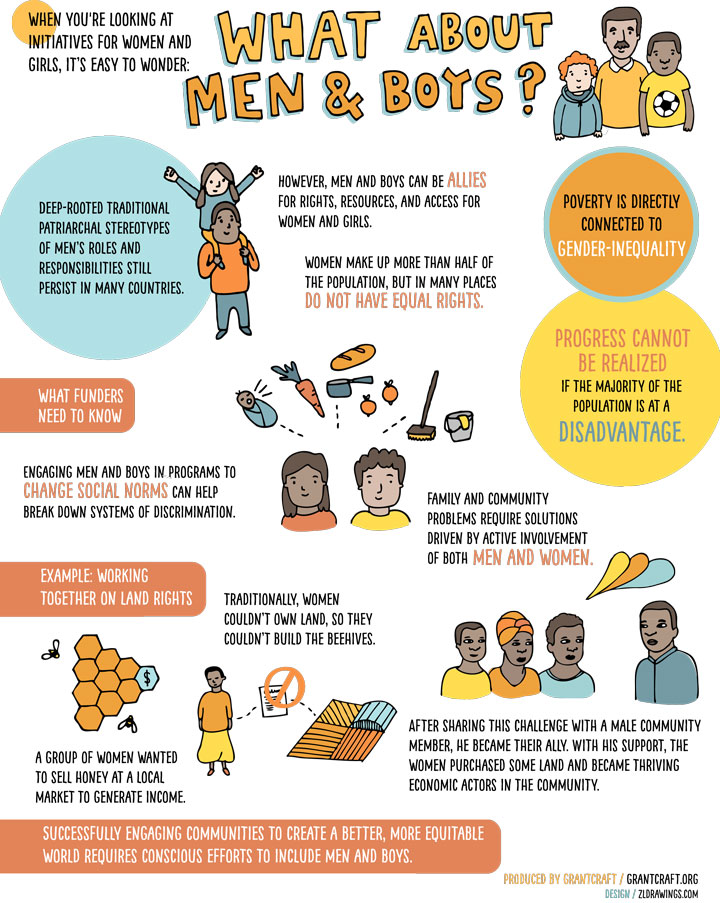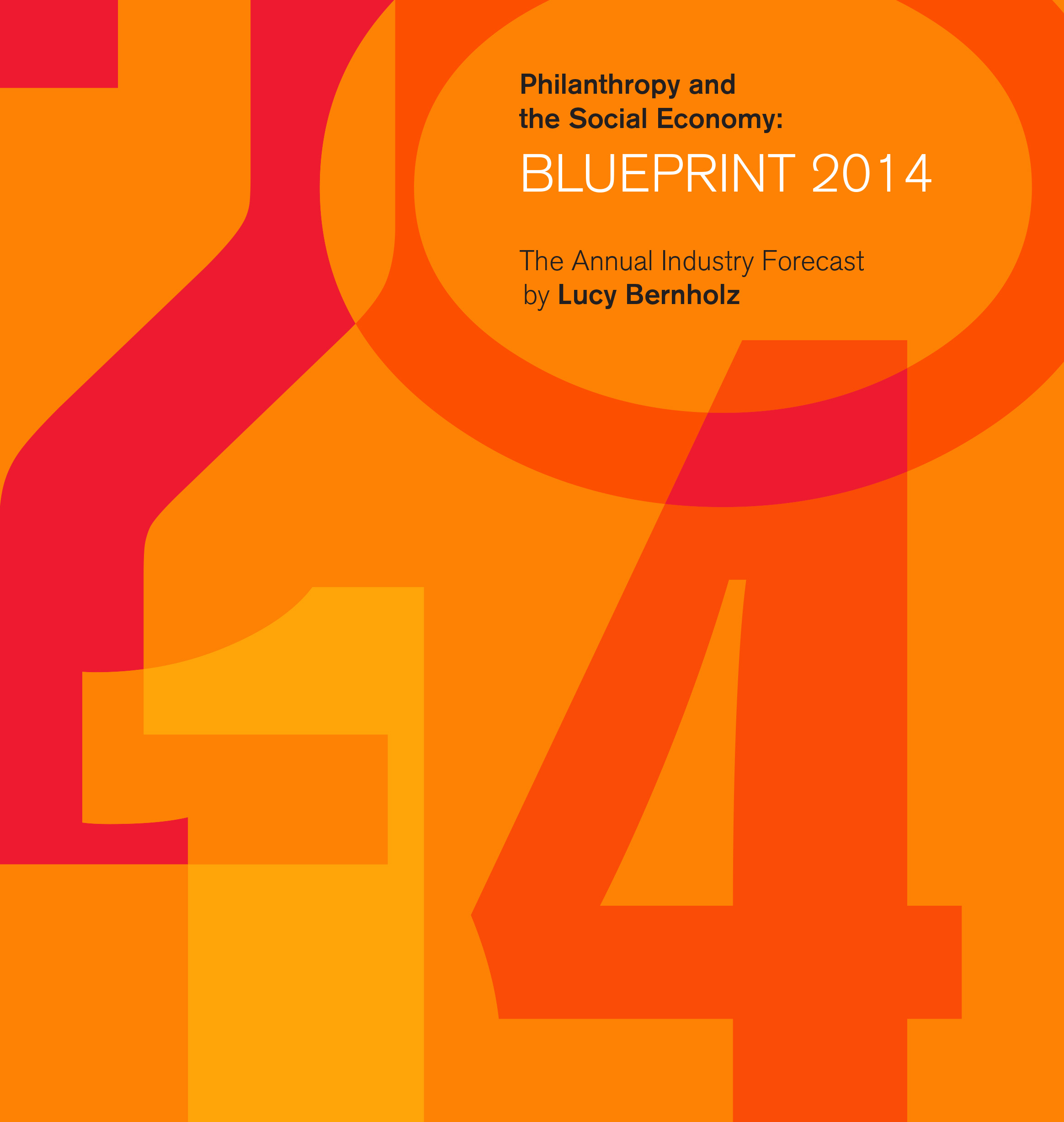Funder’s Forum: Rosenberg Foundation A conversation with Timothy P. Silard
The Rosenberg Foundation, established in 1935 at the bequest of business leader Max L. Rosenberg, supports initiatives in California to promote economic inclusion and human rights. This includes programs that improve the lives of underprivileged children, integrate people of color and immigrants into civic institutions and the state's economy, increase the economic health of working families, and reform the state's approach to criminal justice and public safety. The Foundation Center asked Timothy P. Silard, the foundation's president:
[Question] What strategies have the Rosenberg Foundation found helpful in pursuing your program areas, and what factors stand out for you in effecting sustainable change?
[Answer] “The Rosenberg Foundation’s leadership established the foundation’s approach early on as a risk-taking institution that supported trailblazing work. For example, in the late 1930s, the foundation made a number of grants supporting reproductive rights for farm worker women in the Central Valley. A bit later, the foundation made grants to support the rights of interned Japanese American citizens. Although our program areas certainly have shifted many times since then — we currently focus primarily on criminal justice reform, immigrant rights and integration, and farmworker justice — what has not changed is our eagerness to support efforts in their early days and really help them grow. We place high importance on continuing to stay close to critical, new movements by identifying and supporting innovative and emerging organizations and leaders. Some current examples include our support for work at the intersection of immigrant and workers’ rights, including fights led by domestic workers, carwash workers, and restaurant workers; the movement to ‘ban the box,’ which has inspired policy change in many cities, counties and states; the pioneering advocacy being done by undocumented immigrant youth; and the Equitable Food Initiative, which is designed to protect and empower farm workers while producing safer, healthier food for consumers.
“In addition, we believe deeply in working collaboratively with other foundations and philanthropic colleagues to take advantage of windows of opportunity to effect policy change on core issues at the local, state, and national levels. For example, we have joined with the Ford Foundation, Open Society Foundations, the California Endowment, the Fund for Nonviolence, and the Women’s Foundation of California to seed an exciting campaign in California to advance deep reforms to our criminal justice systems and invest in building healthy communities. The campaign, Californians for Safety and Justice, aims to replace criminal justice system waste in the state with innovative solutions that create safer neighborhoods and reinvest public dollars in education and health care. We are also one of a set of funders that has come together to better align our criminal justice grantmaking through an affinity group called Funders for Safety and Justice in California. Other funder collaboratives in which we are active include the CA Civic Participation Funders’ Table, led by the Haas, Jr. Fund, and a collaborative of funders that have come together to support comprehensive immigration reform.
“Finally, we aim to be more than a funding source. We want to be true partners with our grantees, whether by helping them to leverage additional resources, facilitating collaboration among groups, organizing meetings, or helping to address other needs.
“In terms of effecting sustainable change, our vision is to make the promise of full and equal participation in our shared economic, political, and civic life a reality for every Californian. In order to do that, we don’t think it’s nearly enough to simply aim to help individuals and families beat the odds. Instead, we place an emphasis on supporting organizing and advocacy that will change the odds themselves. That means supporting the solutions and leaders that are addressing the root causes of some of the most challenging problems that Californians are facing. And in order to truly effect sustainable change, we know that we have to be persistent and patient, remaining committed to issues over the long term.”







